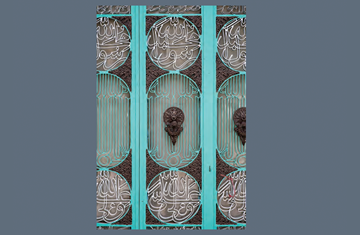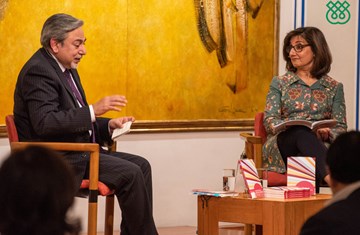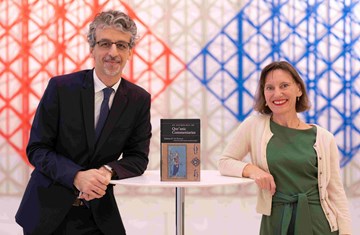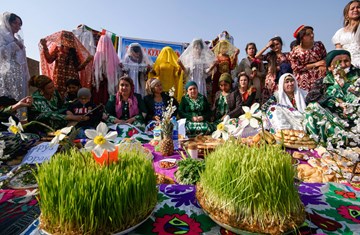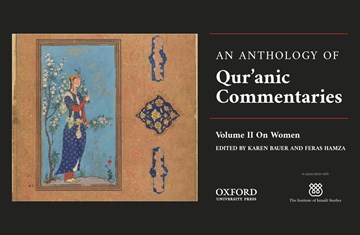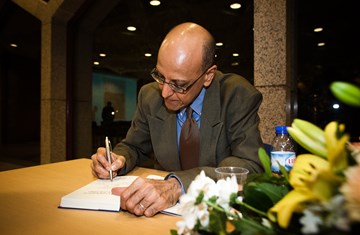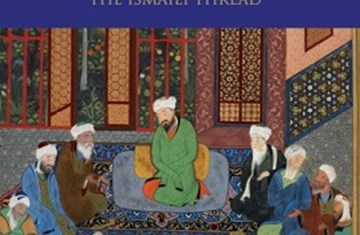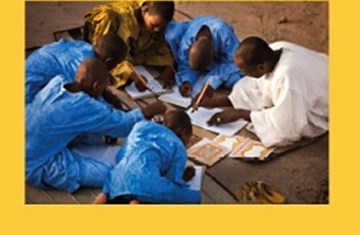The Institute’s Library Publishes Fourth Collection Catalogue
The fourth in a series of collection catalogues published by the Library of The Institute of Ismaili Studies, Arabic Ismaili Manuscripts: The Zahid ‘Ali Collection by Delia Cortese, completes the cataloguing of the Library’s Arabic Ismaili corpus of 738 manuscripts acquired up to 1998. The latest catalogue is entirely devoted to the body of manuscripts which formerly belonged to the Musta‘li Ismaili scholar, the late Dr Zahid ‘Ali(1888-1958), and was donated to the IIS by the ‘Ali family in 1997.
The Library’s collection of some 1500 manuscripts, of which the collection comprises 226, consists of manuscripts primarily in Arabic, Persian, Gujarati and the Khojki script. The tasks of collating, identifying, preserving and microfiching the manuscripts that form this collection have been undertaken over the past several years. This illustrated catalogue, a result of these endeavours, includes details of the content of each manuscript and other relevant information of a literary and doctrinal nature, as well as a comprehensive introduction placing the featured works in their wider historical contexts.
The collection itself contains legal, theological, philosophical and historical Ismaili literature produced over a period of nearly ten centuries, from pre-Fatimid to modern times. The collection features a substantial number of previously unrecorded works and possibly unique manuscripts. The oldest dated Ismaili codex in the collection is a copy of volume one of the legal treatise Kitab al-Hawashi by Aminji b. Jalal, dated 1145/1733. There are six manuscripts dating back to the 12th/18th century and the remaining are from the middle of the 19th to the first half of the 20th century. Except for three manuscripts written in Yemen, Mecca and Medina, the codices were primarily copied in India. The manuscripts in the collection have been produced mainly for practical purposes, i.e. personal or didactic use. In many instances, the copyists were members of Dr Zahid ‘Ali’s family and, as the titles or dedications in the colophons often suggest, learned men, either occupying high positions in the Bohra religious-administrative hierarchy or working for its members.
Along with the present catalogue, two previous catalogues: volume one of Adam Gacek’s Catalogue of Arabic Manuscripts in the Library of The Institute of Ismaili Studies and Delia Cortese’s Ismaili and Other Arabic Manuscripts complete the descriptive listing of the library’s Arabic Ismaili manuscripts acquired before 1998. Volume two of Gacek’s Catalogue lists a further 255 Arabic titles.
A selection of manuscripts from the collection can be viewed in the associated gallery, Manuscripts of the Zahid ‘Ali Collection.

